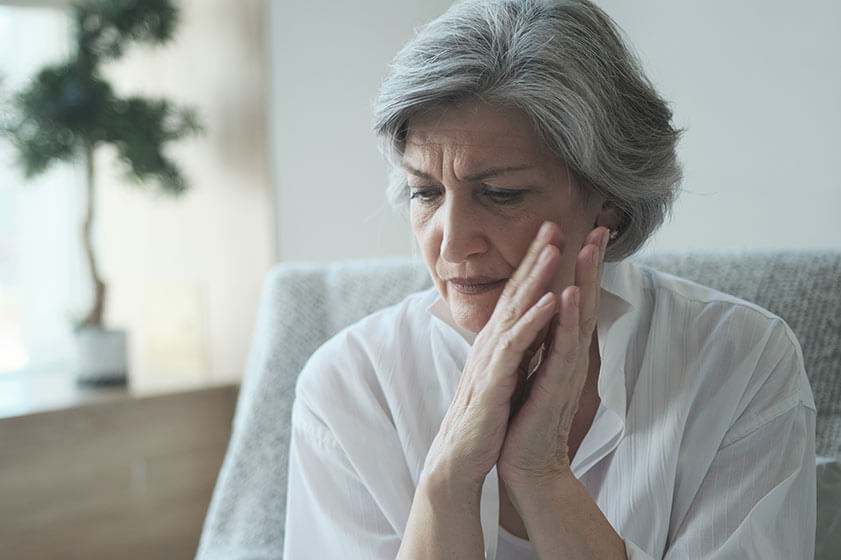In the course of our lives, it is normal for us to experience situations that cause us to fear or panic. However, certain factors can combine to make this a chronic problem that eventually affects the quality of life that we live. Your loved ones may be especially prone to panic attacks due to the fact that their lives may have changed drastically, especially if they have gone into retirement and are still adjusting to the new lifestyle.
In this article, we look at panic attacks in the elderly and how they affect your loved ones. We also look at some of the ways in which this condition can be managed.
What Are Panic Attacks?
Panic attacks are bouts of severe anxiety which are disproportionate to the cause of the attacks. In other words, they represent an overreaction to the stimuli. During such panic attacks, the victim will experience cold sweats, trembling, hyperventilation, and so on. Given the fact that victims often feel like they are having a heart attack during such moments, this further serves to compound the fear and make the attack even worse. As you can imagine, this can have a significant effect on the quality of life that your loved one enjoys. Panic attacks may be caused by a variety of things. For example, the loss of a loved one (especially a spouse), may trigger such anxiety attacks. It is also common for people who have failing health to also become extremely anxious. But some forms of anxiety attacks may be caused by past traumas, which may have been repressed for a long time and may just be making an appearance.
General anxiety and panic attacks come in many different forms. Here are some of them.
Generalized Anxiety Disorder
Here, the victim may suffer muscle aches, trembling, irritability, twitching, and much more. Apart from the physical symptoms, they may also experience difficulties in sleeping, relaxing, and concentrating. Typically, this anxiety will have no real basis or will be completely disproportionate to the cause.
Post Traumatic Stress Disorder
This refers to panic attacks that are brought on by past trauma. Post-traumatic stress disorder typically affects men and women who have served in war zones, experienced a particularly horrific incident, or have been victims of abuse. Post-traumatic stress disorder-induced panic attacks are usually caused by the victim recollecting the traumatic event or experiencing any stimuli that are linked to the event, for example, an aroma or a certain object. It is very common for victims of post-traumatic stress disorder to withdraw from society as a way of protecting themselves from reliving the traumatic event again.
Panic Disorder
This refers to instant bouts of terror that can leave the victim helpless due to emotional and physical distress. Just like generalized panic attacks, there is a tendency for the victim to think that they are having a heart attack.
Treatment
There are a number of approaches when it comes to the treatment of panic attacks. The first is through medication where doctors may prescribe beta-blockers, antidepressants, and much more. The second is cognitive behavioral therapy, bereavement therapy, or group therapy.
When living in an assisted living community, there is 24/7 medical personnel available to tend to your loved ones when they are having bouts of panic attacks. Apart from 24/7 medical care, there are many different amenities and health and fitness programs to help your loved ones relieve their many stresses in life. Give us a call today for more information.







